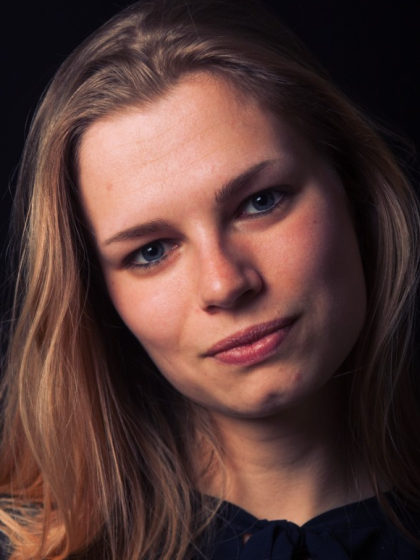M.E. (Mirjam) Deckers, MA

Gunta Stölzl: Werkstatt from Germany to Switzerland
Gunta Stölzl (1897-1983) is one of the most renowned female Bauhaus artists. She entered the Bauhaus, the leading modernist institute in Germany, just after its opening in Weimar in 1919, where she co-founded the weaving workshop, the women’s class. In 1927, at the Bauhaus in Dessau, she was officially appointed Jungmeisterin, an exceptional position for a woman. After leaving the Bauhaus in 1931, she had a long career as a weaver in Zurich, until her death. The current status quo of research on her artistic career is usually limited to one time frame (1919-1931), one specific school (the Bauhaus), and one medium (textiles). Her accomplishments outside of the context of the Bauhaus have been largely ignored, and an integral discussion of her oeuvre as a whole does not yet exist. The aim of this project is twofold: to expand the recent discourse of female Bauhaus artists by creating the first scholarly monograph on Stölzl, while at the same time reflecting on the format of the monograph and explore its possibilities as a powerful tool to reinstall female artists and craft practices into the art historical canon.
| Last modified: | 16 March 2023 11.17 a.m. |
